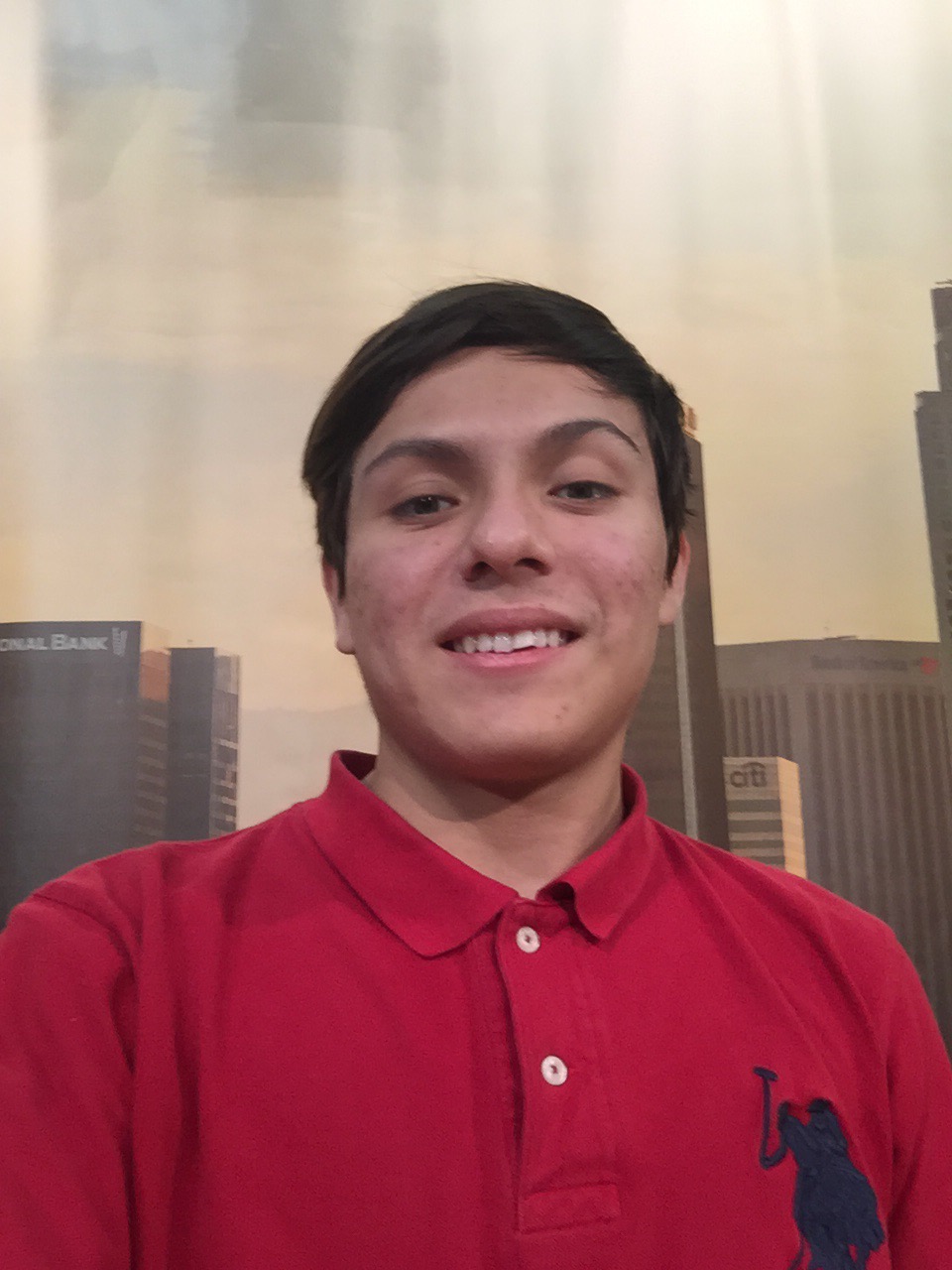CM Punk vs. Darby Allin: The Wrestling Match Done Skateboarding Style
- Greyson Peltier
- Sep 3, 2021
- 3 min read

I have long held that there is more in common between the artistically curated combat of pro wrestling and the creatively driven cultures of “action sports” like skateboarding, surfing, and snowboarding these cultures have with MMA. This is bucking against the going wisdom in the scene and among brands is that MMA is the ideal crossover for action sports, while pro wrestling has been largely looked over. To be clear, I am not discounting the athletes who crossover between the sports and the popularity of MMA and MMA-style training, which is growing among surfers in particular.
Darby Allin’s rise to stardom in AEW and recognition by figures like Tony Hawk has recently validated my inclinations and leading up to the Punk vs. Allin match, I now more than ever feel the same vibe in the squared circle as there is at the skatepark. I will not go too deeply here into the sports culture discussion as that would be a different article with its own highly nuanced discussion, but rather look at how this matchup uniquely brings the cultures together. Aside from the obvious use of skateboarding in Allin’s promos, there are subtle indicators pointing to the cooperative and progression-focused nature of skate culture governing rather than a mere desire to fight for the sake of fighting.
From CM Punk’s first speech at the United Center, he solidified that he admired Allin, believing that Allin would be his favorite wrestler if he was 15, and his intention in AEW was to help develop him. Punk specifically highlighted that Allin is a skater. Allin reciprocates Punk’s admiration in his recent promo, saying Punk was his favorite wrestler at age 15. Undoubtedly, Allin has taken learnings from watching CM Punk and applied them to his wrestling style, while making a style and approach uniquely his own. This mirrors how skaters watch videos and then take what they see to the streets.
Rivalries in skateboarding are generally not really rivalries but rather attempts to build upon the trick repertoire of past generations, such as going from a 720, to a 900, to a 1080 on vertical ramp skating, and to prove one’s status in the scene. Punk validates this by showing his respect for Allin’s penchant for doing very dangerous things, while challenging that fighting Punk would be the most dangerous thing he could ever do, but stated this without even an inch of disdain. Skateboarding also lives more off the energy of intrinsic motivation or stoke of one showing to themselves that they can create what they want to on the board, leading into the motto of “the best skater is the one having the most fun,” than it does a desire to beat the other side. In fact, when I was studying skateboarding at the University of Southern California and conversing with the founder of the Collegiate Skate Tour, he basically said my recommendation of doing a cross-town rivalry skate competition between USC and UCLA would basically be a gimmick to gain popular attention, whereas skaters would just want to see both groups’ work and even see them work together. A gimmick, when they all like each other, does that ring a bell?
I am sure that the creativity between these two exceptional athletes that we will see in the ring on Sunday will feel like a pro wrestling best trick contest, and no matter who wins, we will see a progression in the art and sport of pro wrestling.
Greyson Peltier is the host of The Fixerpunk Podcast, a communications consultant specializing in social impact, and founder of Laguna Beach, CA-based consulting firm Off Speed Solutions. Peltier holds a BA in Political Science from the University of Southern California, where he completed a course in Skateboarding and Action Sports in Business, Media, and Culture, and has been featured by media outlets like Vice, ESPN Radio KLAA, USA Radio Network, and Street Fight Radio.
.png)









Comments